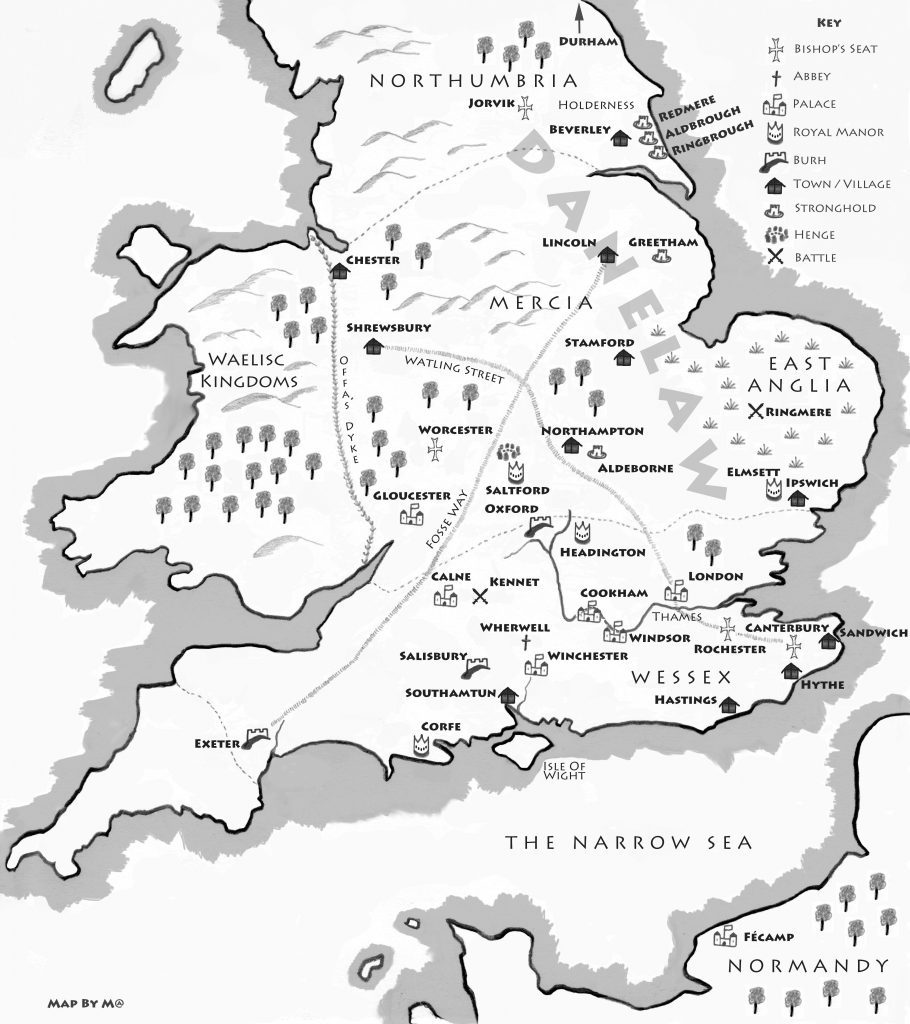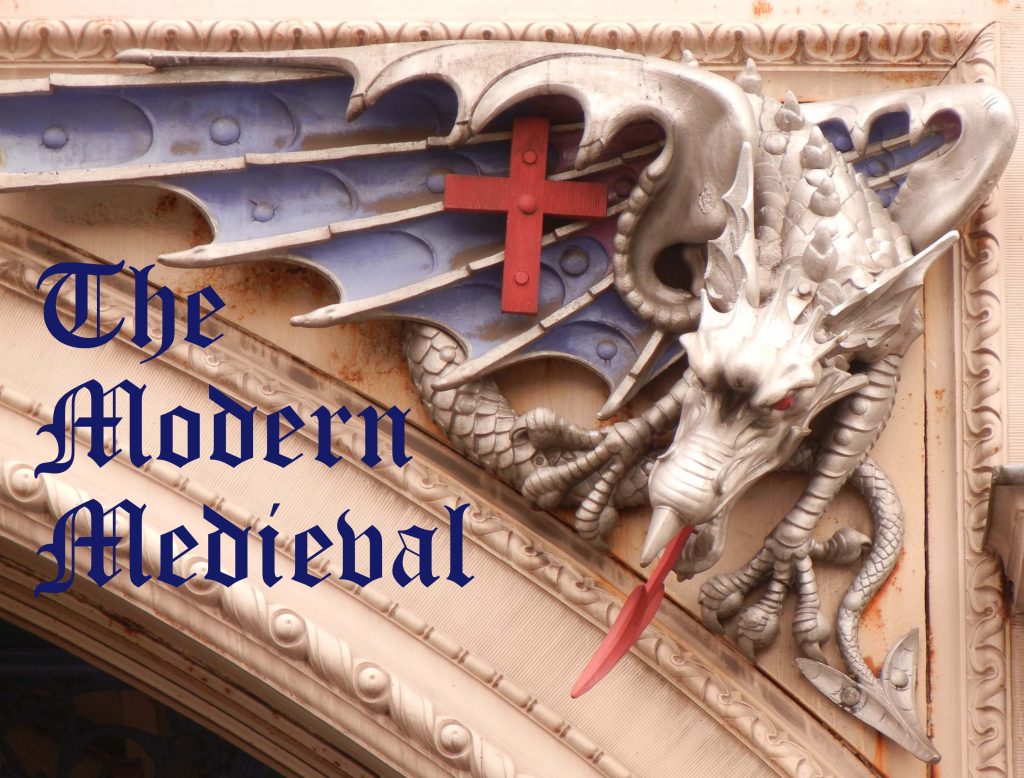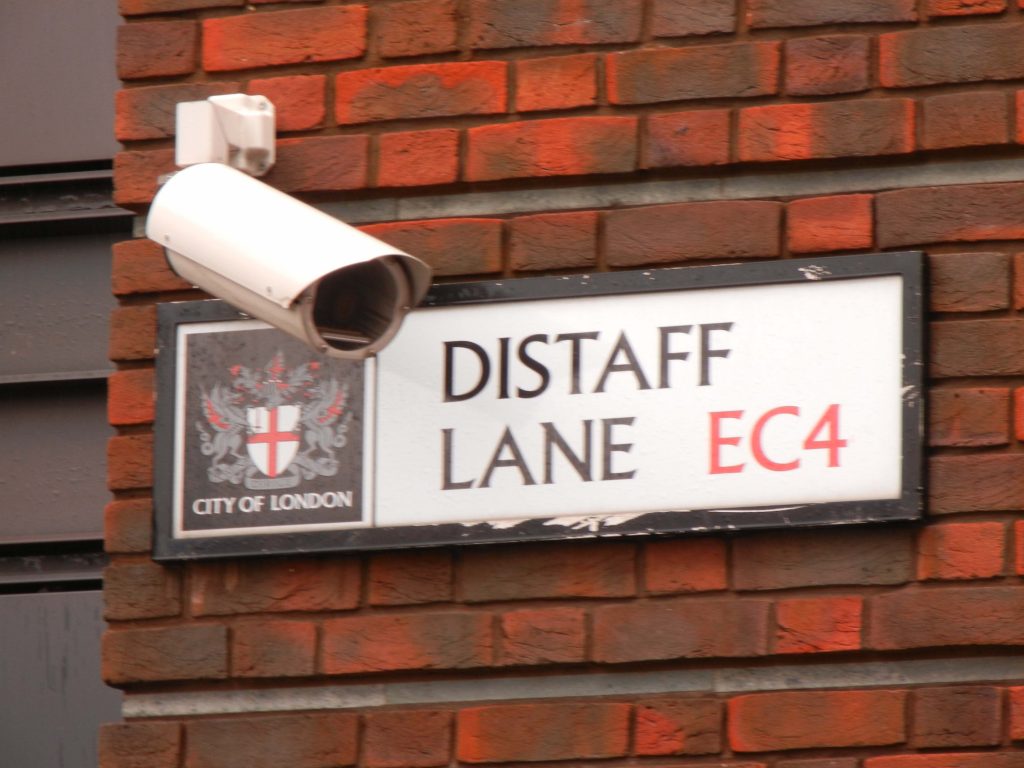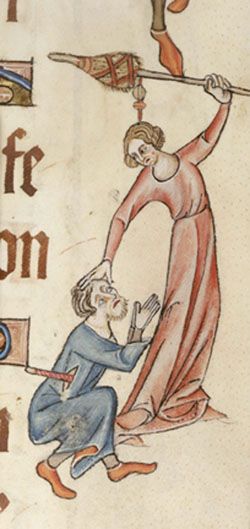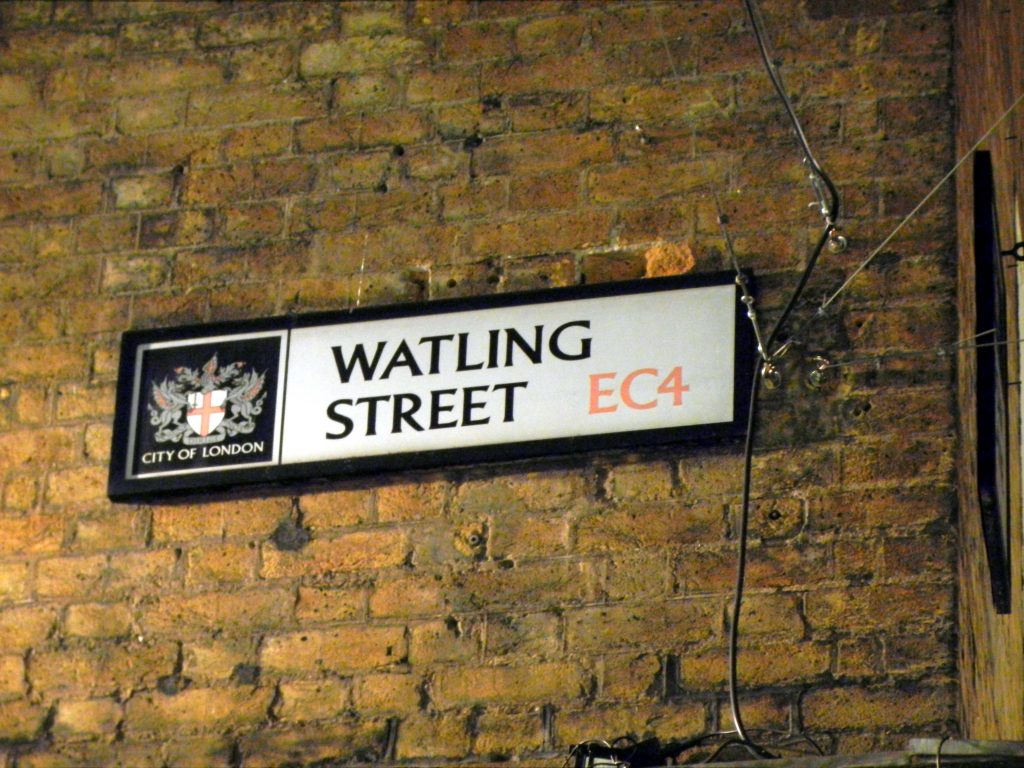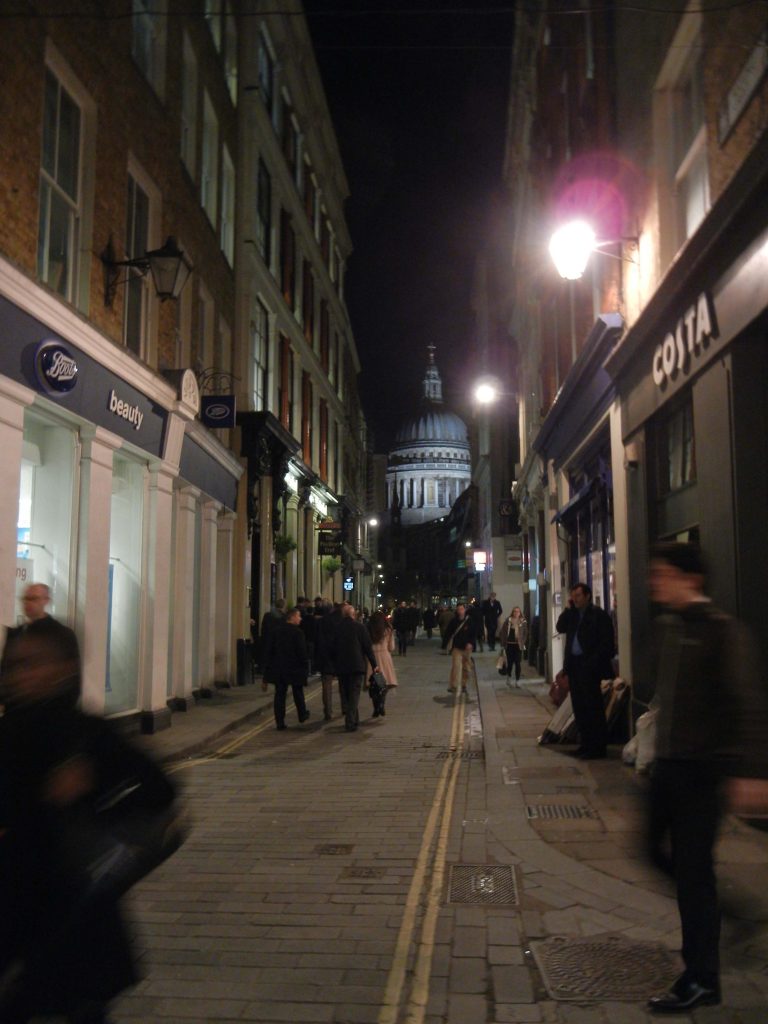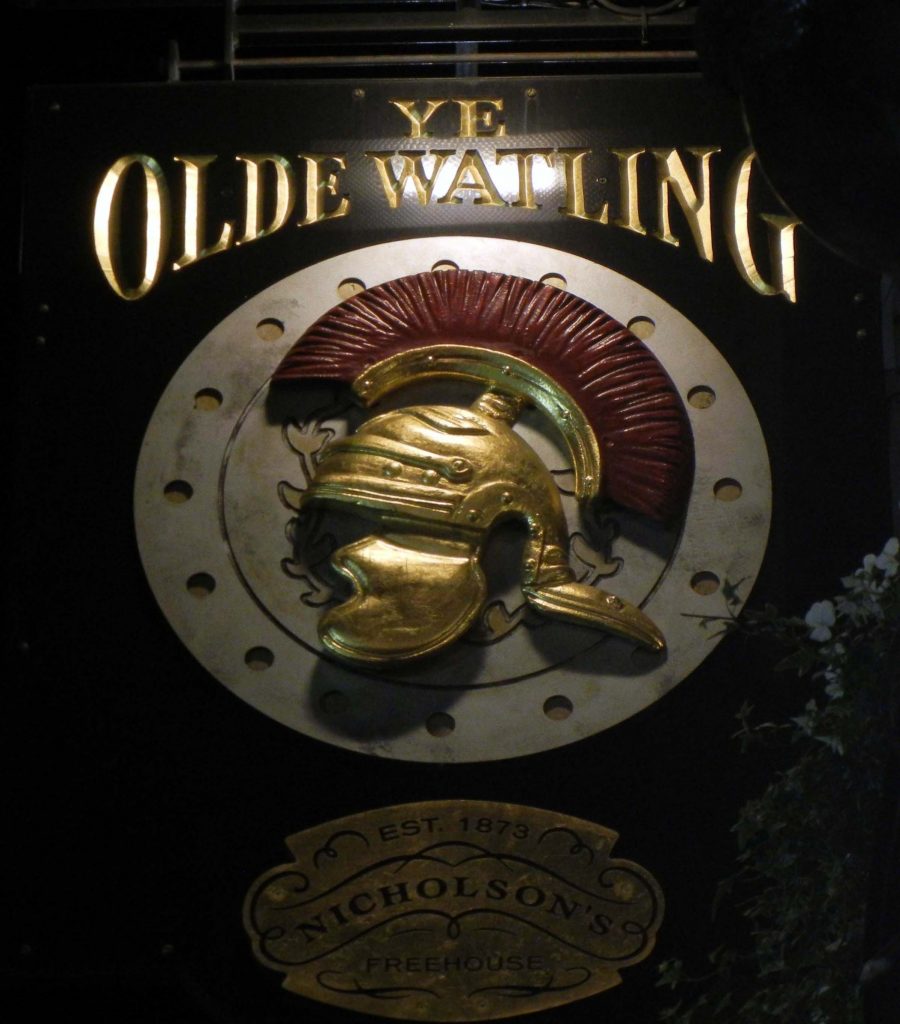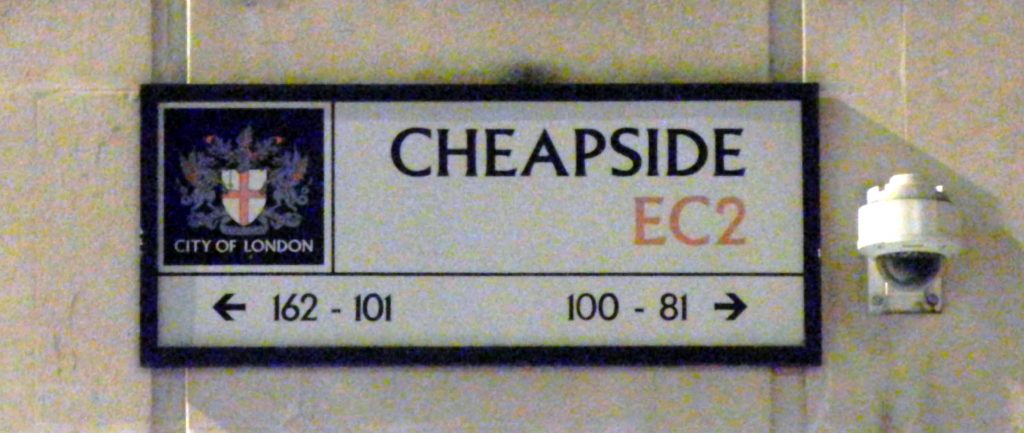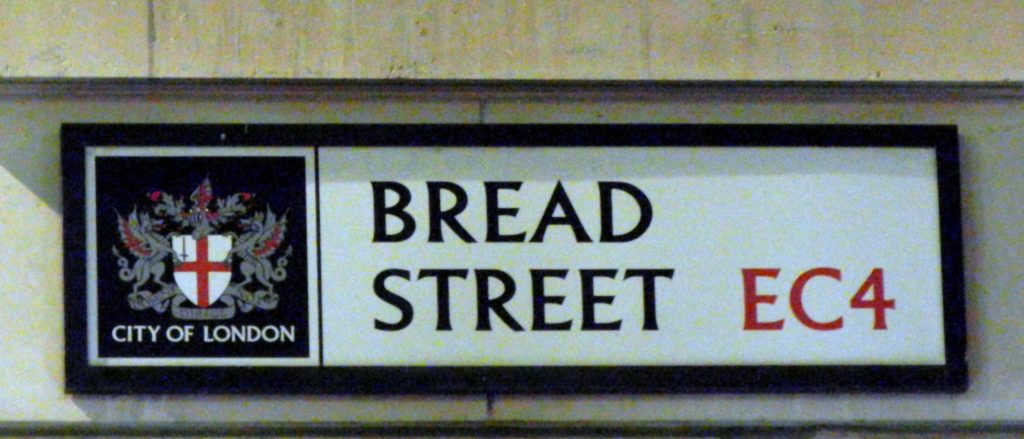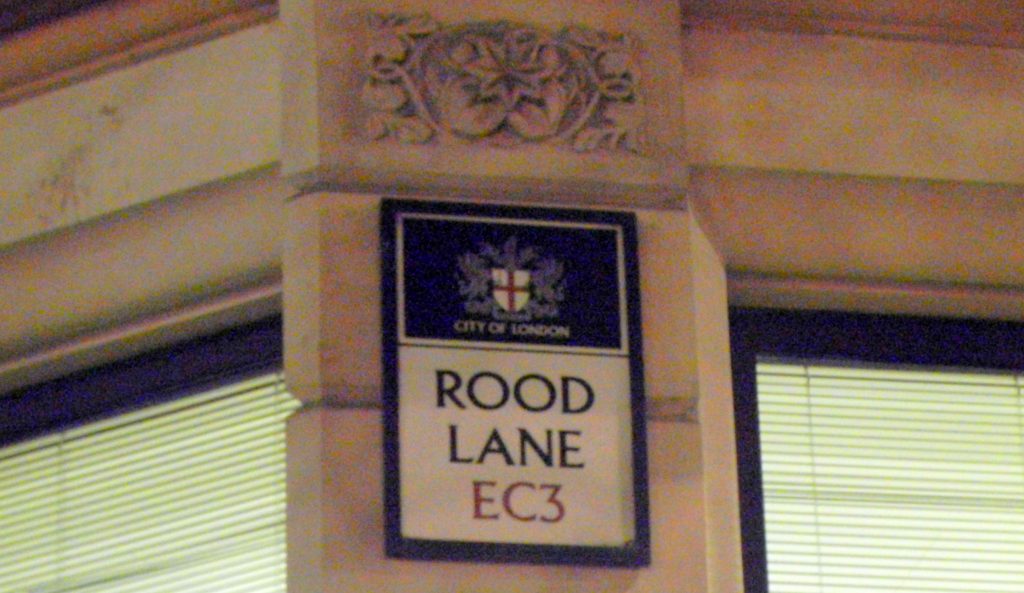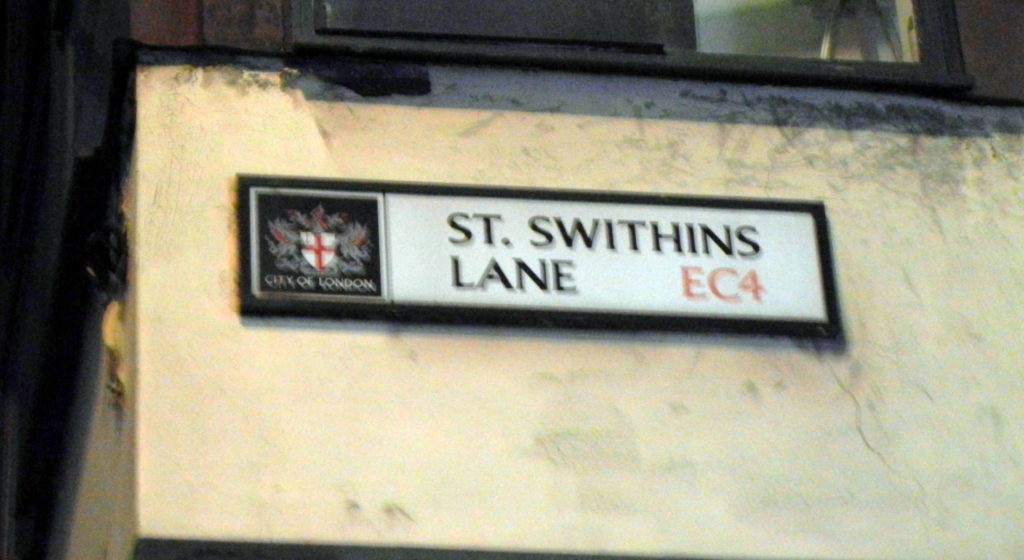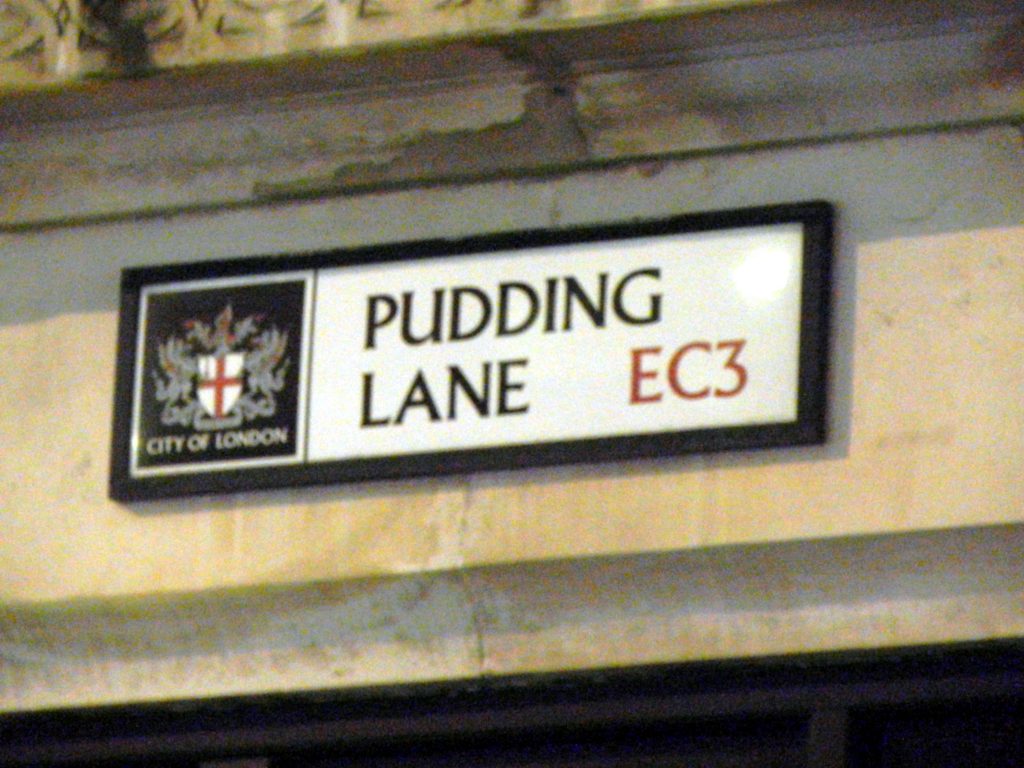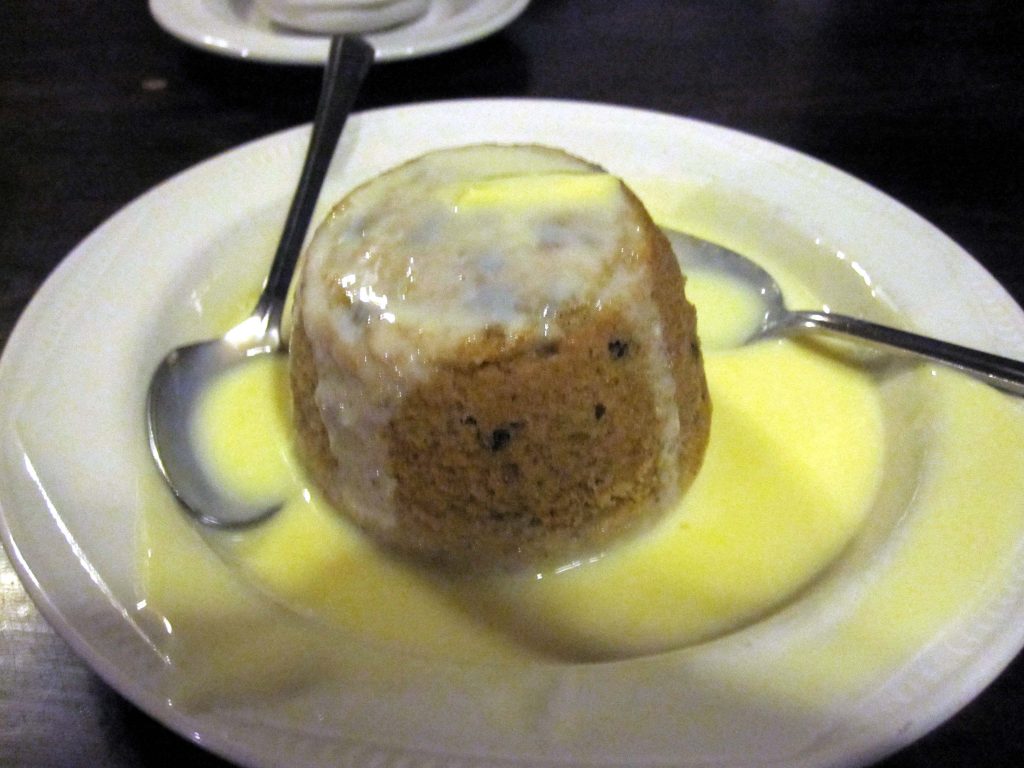ARE YOU SAXON OR DANE?
There are numerous plot lines weaving through this series now, and here’s a look at how they develop in this episode.
ÆTHELRED vs UHTRED: There is never going to be a bromance between these two.
Æthelred is jealous of Uhtred’s skill as a warrior and of his friendship with Æthelflæd. Uhtred sees Æthelred for what he truly is – not the good and godly man that Alfred imagines, but a smarmy, preening, egotistical, treacherous, lying, smooth-faced weasel. And that’s before Uhtred learns that Æthelred is cruel to Æthelflæd. Oh, and he’s stupid. Did I forget anything?
ÆTHELRED vs ALFRED: Æthelred wants to be king of Mercia AND Wessex, and his buddy Aldhelm (James Northcote), who is a viper in men’s clothing, reminds him that he can only accomplish this goal if Alfred is dead. Also, he says, a war between Wessex and the Danes would help. With these guys as allies, Alfred needs no enemies, although he has lots more.
ÆTHELRED vs. ÆTHELFLÆD: Æthelred reveals his true nature on their wedding night. Yes, it was a very brief honeymoon. When it comes to his wife, Æthelred is suspicious, possessive, controlling and mean. Æthelflæd has allies, though, in Hild, Beocca, Thyra and Uhtred. She is politically savvy, so she understands how important her marriage is to her father’s plans for Wessex. This puts her in a bind because it forces her to submit to her husband’s control. Nevertheless, she is determined that he will not break her. And remember, she’s only 15.
BEOCCA and THYRA: We see them wed in this episode, and it’s a striking contrast to the marriage of Æthelflaed and the weasel. I don’t know about you, but at the end of the episode I’m really worried about Thyra.
ÆTHELWOLD vs HIS MOUTH: This guy is the show’s comic relief. In Season 1 he was sleeping with a pig, and that pretty much says it all. His one-liners are terrific, though, and he can occasionally be quite bright although we are constantly reminded by his companions that he has the spine of a jellyfish. Sometimes, though, he just can’t shut up, and in this episode he is continually yammering at Uhtred about how they could be kings of Wessex and Mercia because Dead Bjorn said so. Uhtred knows Bjorn was a trick, but he won’t reveal that to Æthelwold because of his big mouth.
OSFERTH and HIS CAREER PATH: This is Alfred’s illegitimate son. Osferth (Ewan Mitchell) is a monk who wants to be a warrior like his Uncle Leofric, Uhtred’s best buddy from last season who introduced us all to the word earsling.
ALFRED vs UHTRED: Alfred spends most of his screen time in this episode trying to resolve his doubts about Uhtred. David Dawson is terrific in this role of a man conflicted, a king beset by enemies and unable to quite bring himself to trust the warrior who stands at his right hand.
He’s given some fabulous dialogue, all of it to do with Uhtred. He wonders if Uhtred is
a seemingly loyal and brave man who piece by piece is eating at my soul and clouding what I believe to be right and wrong.
Wow.
Alfred flings accusations at Uhtred about his relationship with Sigefrid and Erik, and he argues with Odda about whether Uhtred is a spy, calling him
a sword I would rather wield than face.
At one point Alfred asks Steapa, Do you trust Uhtred?
And Steapa’s answer is simple and eloquent. With my life, lord.
I love that.
But Alfred is still not convinced that he can trust Uhtred. That is because Alfred’s mind works in a way that Uhtred’s does not.
I do not understand you, he says to Uhtred. And it’s true.
But he also says, I do not know you, and Uhtred looks as if Alfred has slapped him. My mind immediately went back to last season and those moments at Athelney when Alfred’s son was at the point of death and the two men spoke long into the night together. They knew each other then. And it seems to me that Uhtred is thinking of that, too, for soon he asks Odda,
How can I serve a man who doesn’t trust me?
Face twisted with grief Uhtred continues,
A man to whom I have given so much?
Alexander Dreymon and Simon Kunz were absolutely wonderful in this scene. Heart wrenching, the both of them.
UHTRED vs SIGEFRID & ERIK: In Bernard Cornwell’s novel Sword Song, written in Uhtred’s first person viewpoint, our hero is tempted by the idea of joining Sigefrid and Erik, and of becoming king of Mercia. The moment that he realizes that he cannot do that is when he sees the brothers about to crucify Fr. Pyrlig. Things develop a little differently in this tv series, and although Uhtred strings the brothers along for a while, we know early in the episode that Uhtred is going to stick by Alfred. Even though he is embittered by Alfred’s lack of trust in him, Uhtred is no oathbreaker. He bows to Alfred’s irritating and unwise decision to put Æthelred in charge of scouring the Danes out of London, and is the first to realize that the Danes are after a different prize that leaves us with a cliffhanger of an ending.
